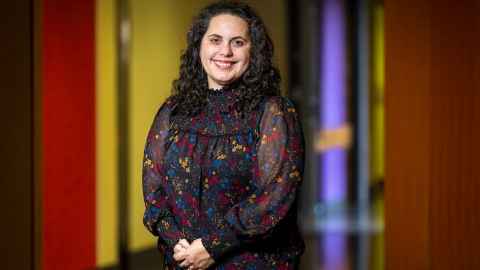Older Māori have lower rates of ACC cover, research shows
21 May 2024
Māori over 50 have far lower rates of ACC claims than other Kiwis.

Māori over 50 have far lower rates of injury claims than other older New Zealanders, and the average cost per claim is higher suggesting the injuries are more serious.
Earlier studies found Māori of all ages are more likely to be injured, but less likely to have good access to healthcare.
The new research out of Waipapa Taumata Rau, University of Auckland looks at five years of Accident Compensation Corporation (ACC) data (2014 to 2018) from two regions, Bay of Plenty and Lakes Taupō and Rotorua.
It found that most injuries for older Māori related to falls and happened in the home.
Of almost 150,000 claims from around 9,000 Māori over 50 and 55,000 older non-Māori, the claim rate was 46 percent higher for non-Māori. Older Māori had a higher average cost per claim at about NZ$1,700 vs NZ$1,200.
”It’s likely to be due a multitude of things, including previous poor experiences with primary healthcare and difficulty working with the ACC system,” says researcher Dr Joanna Hikaka, of Te Kupenga Hauora Māori in the Faculty of Medical and Health Sciences at Waipapa Taumata Rau, University of Auckland.
The group has another study set for publication asking older Māori how they would like injury care provided.
“People talked about the fact that current injury services don’t address holistic well-being,” says Dr Hikaka.
“There might be discussion about things relating to physical health, but nothing to do with the spiritual and emotional issues that come up when people are injured, especially when they are seriously injured,” she says.
This research is part of a wider project where the University is working with Te Arawa Whānau Ora Collective on a range of initiatives to reduce injuries and support older Māori to get funded healthcare.
These include strength and balance classes, which help prevent falls, education and awareness, and support to attend healthcare appointments.
This research supports the need for ACC to work with Māori to design services that better meet the needs of older Māori, Dr Hikaka says.
• Read: Ethnic variation in access to publicly funded care for unintentional injuries in Older adults in Aotearoa New Zealand: a retrospective study.
Media contact
FMHS media adviser Jodi Yeats
M: 027 202 6372
E: jodi.yeats@auckland.ac.nz